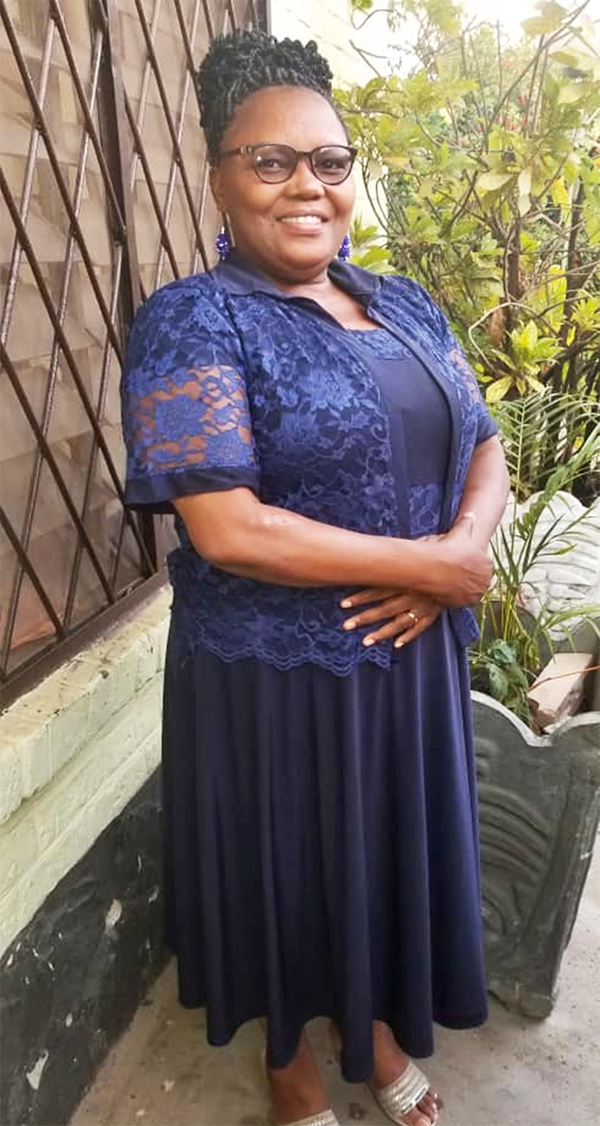Newly elected women leaders in Burundi joined our workshop on inclusive governance. The workshop was the closing activity of the Every Voice Counts (EVC) programme in the country and led to building up their confidence and skills to put forward gender-sensitive policies during their terms.

Trainer Suzanne Rwasa from CARE Burundi/session conflict & gender-sensitive governance/ Bujumbura 24/11/2020/ photo Thierry Nimpagaritse/CARE BURUNDI.
Women face unique challenges
Women’s representation in political positions in Burundi grew as a result of the 2020 elections. As of 2020, 34% of municipal administrators are now women, which is an increase from 32% in 2015. The percentage goes even further beyond the 30% quota recommended by the national constitution. Indeed, it is a good start for women’s representation in local decision-making. However, it should not be assumed that this increase in women’s representation in local decision-making will automatically result in gender-sensitive governance.
The newly elected women will have to overcome several challenges as they begin their work in local governance. Some of the most significant challenges they will face are harmful gender social norms in their work environment and communities. Women are expected to take on the unpaid work of caring for their households and families. They often find themselves faced with a ‘double burden’ as they balance their professional and home lives. This requires a cultural change that will not happen right away.
Offering a support system for newly elected women
Newly elected women are less familiar with rules and processes of local governance decision making than their counterparts. Offering structural support such as capacity strengthening and role modeling/mentorship can help them achieve more tangible and immediate results.
The Hague Academy, in partnership with CARE Burundi, organised an interactive three-and-half-day workshop in December 2020 on inclusive governance and female leadership. Attendees were 20 newly elected women, including mayors and local council members. The workshop, part of the Every Voice Counts (EVC) programme, aimed to provide them with skills and knowledge about inclusive governance. Examples of some topics discussed during the workshop included decentralisation, local governance in Burundi, and female leadership. The workshop also gave participants space to discuss the challenges they face personally and professionally.
“I used to feel less confident in meetings when making hard decisions. I am now more aware of why I feel that way and have acquired skills to overcome it.”
– Ninahaza Micheline, administrator of Giheta commune.
Experienced former female mayors and parliamentarians were invited to share their experience in local governance over the years. These former powerholders and newly elected women were able to network together for mentorship purposes. Female mentorship provides a support system for women to manage some of the unique challenges they face.

Ninahaza Micheline, newly elected administrator of the Giheta commune, 27/11/2020. Photo by Thierry Nimpagaritse, CARE BURUNDI.
Female leaders looking forward
The new leaders who attended the workshop gained knowledge, skills, and perhaps most importantly – confidence. Ninahaza Micheline felt “these kinds of meetings are essential to women who are new in a leadership position. It was highly inspirational.” She expressed that the part she appreciated the most was discussing leadership issues with the former leaders. Ninahaza Micheline left the workshop with a new mentor: the ex-minister of education.
While the newly elected leaders will still have to forge their own paths forward in their positions, the workshop left them feeling more confident and prepared. Therefore, providing women leaders with the support system they need – such as capacity strengthening and mentorship – may be the key ingredient toward more gender-sensitive inclusive governance.
_______________________________
Related readings:
Social inclusion research – Shortened Burundi case
Related courses
We offer a diversity of courses throughout the year. Here are several other courses you might like.

